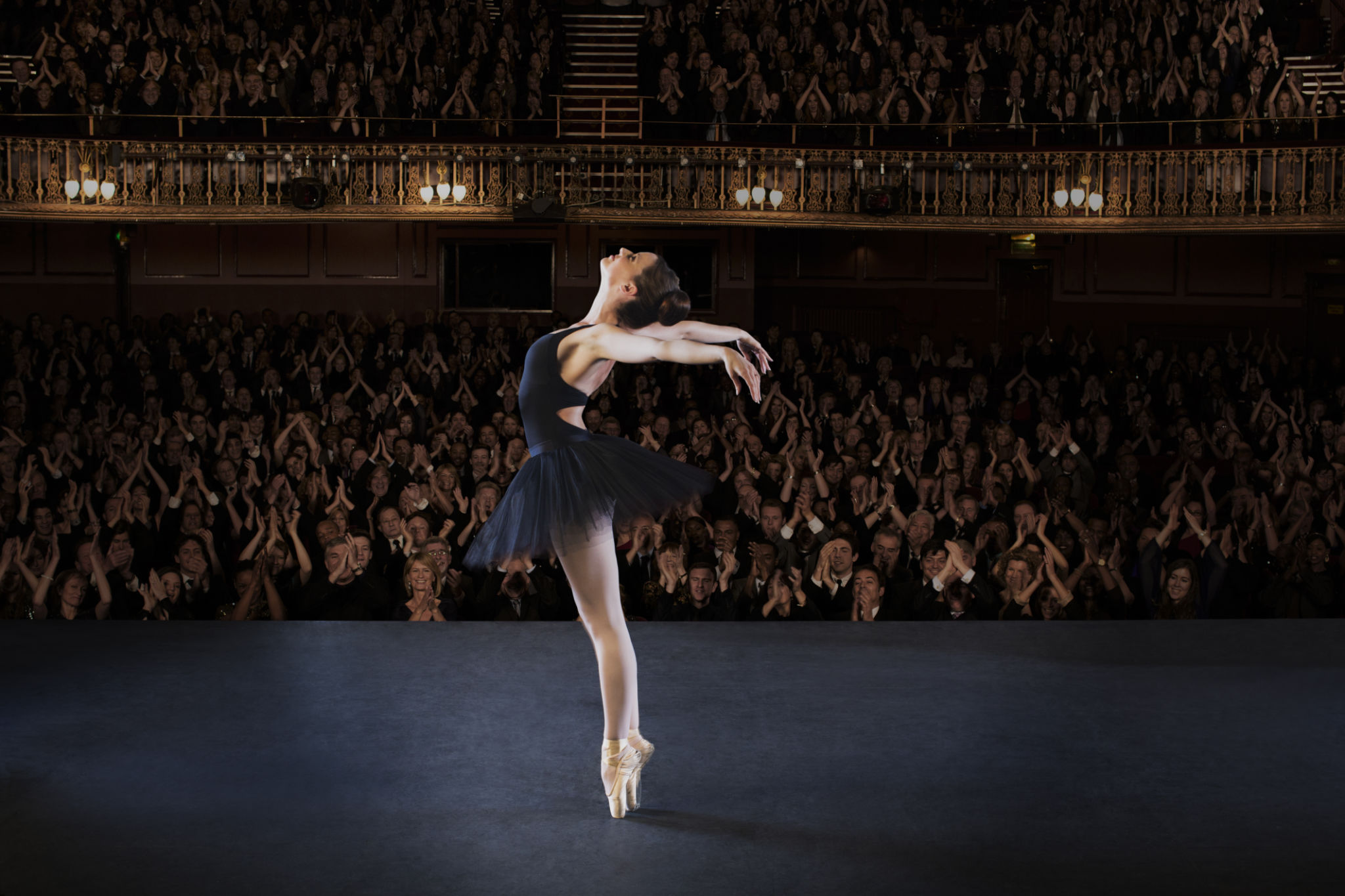The Evolution of Middle Eastern Entertainment in the UK: Trends to Watch
The Rich Tapestry of Middle Eastern Entertainment in the UK
The UK has long been a melting pot of cultures, and the influence of Middle Eastern entertainment is increasingly evident in recent years. From music and film to theater and art, Middle Eastern culture has carved out a significant niche in the UK’s vibrant entertainment scene. This evolution reflects not only the diversity of the UK's population but also a growing appreciation for varied cultural expressions.
The Middle Eastern entertainment industry in the UK is flourishing, driven by a combination of talented artists and an eager audience. This trend is especially noticeable in urban areas where cultural diversity is celebrated. As more people embrace different forms of entertainment, Middle Eastern art forms are becoming more mainstream.

Music: A Fusion of Sounds
Music is a universal language, and Middle Eastern music has found an enthusiastic audience in the UK. Artists are blending traditional sounds with modern beats, creating a unique fusion that resonates with listeners. Genres such as pop, hip-hop, and electronic are being infused with Middle Eastern melodies and rhythms, resulting in a captivating auditory experience.
Festivals and concerts featuring Middle Eastern musicians are becoming more common, providing a platform for both established and emerging artists. These events not only showcase music but also introduce audiences to traditional instruments, like the oud and darbuka, creating a rich tapestry of sounds.
Film and Television: Bridging Cultures
The UK film and television landscape has seen a noticeable increase in Middle Eastern narratives. Filmmakers are bringing stories from the region to the forefront, often tackling themes of identity, migration, and cultural integration. These films not only entertain but also educate audiences about the diverse experiences and histories of Middle Eastern communities.

Television series are also playing a significant role, with several popular shows featuring Middle Eastern characters and storylines. The representation of Middle Eastern culture in mainstream media helps break stereotypes and promotes understanding across different cultures.
Theater: A Platform for Storytelling
Theater has long been a medium for storytelling, and Middle Eastern theater in the UK is gaining momentum. Playwrights are bringing contemporary issues to light through powerful narratives that reflect the complexities of life in the Middle East. These productions often explore themes such as displacement, identity, and resilience.
London theaters, in particular, have embraced this trend by hosting plays written by Middle Eastern playwrights. The growing interest in these productions highlights the universal appeal of their stories and the demand for diverse voices on stage.

Art: A Visual Dialogue
Art exhibitions featuring Middle Eastern artists are becoming increasingly popular across the UK. These exhibitions offer a visual dialogue that reflects both traditional and contemporary themes. Artists are using various mediums to express their cultural heritage while also addressing global issues.
Galleries and museums are recognizing the importance of these contributions and are dedicating space to showcase Middle Eastern art. This increased visibility not only enriches the UK's cultural landscape but also fosters cross-cultural understanding and appreciation.
Looking Ahead: Trends to Watch
The future of Middle Eastern entertainment in the UK looks promising as more platforms emerge to support these creative endeavors. With digital streaming services expanding their offerings, audiences have greater access to Middle Eastern content than ever before. This accessibility is likely to spur further interest and investment in this vibrant cultural sector.
As the UK continues to embrace its multicultural identity, the influence of Middle Eastern entertainment is set to grow. Whether through music, film, theater, or art, these cultural expressions will continue to enrich and diversify the UK's entertainment landscape.
